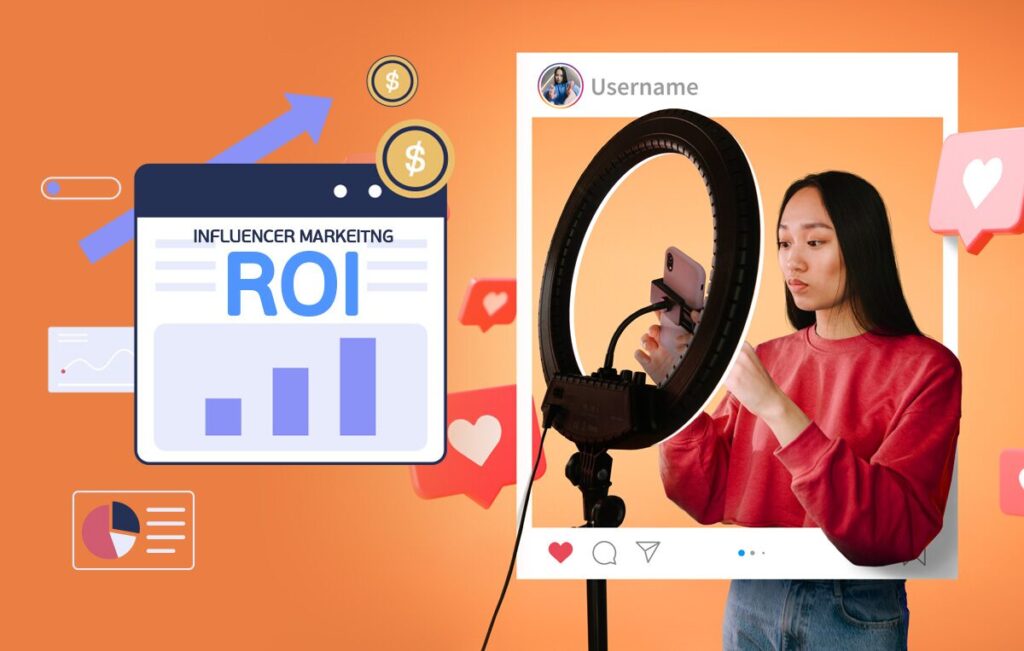In the digital age, social media has revolutionized the way businesses connect with their audience. Among the most impactful changes is the rise of influencers—individuals who have garnered substantial followings on platforms like Instagram, YouTube, TikTok, and Twitter. These influencers have become pivotal in social media marketing, leveraging their reach and credibility to promote brands, products, and services. This article explores the role of influencers in social media marketing, examining their impact, strategies, and the reasons behind their effectiveness.
Understanding Influencers
Influencers are individuals who have built a significant following on social media platforms through their content. They can be celebrities, industry experts, or ordinary people who have gained prominence in specific niches such as fashion, beauty, fitness, technology, and gaming. Their followers often see them as trustworthy sources of information and inspiration, which makes influencers powerful allies for brands seeking to enhance their online presence and credibility.

The Impact of Influencers on Social Media Marketing
Enhanced Reach and Engagement: Influencers have the ability to reach a vast audience, far beyond what many brands could achieve on their own. Their followers are often highly engaged, meaning they interact with, share, and respond to the content posted by the influencer. This engagement can significantly boost a brand’s visibility and foster a more personal connection with potential customers.
Authenticity and Trust: One of the key reasons influencers are effective in marketing is the trust they have built with their audience. Unlike traditional advertisements, which are often perceived as biased, influencers are seen as more authentic and relatable. When an influencer endorses a product, their followers are more likely to believe in its value and consider purchasing it.
Targeted Marketing: Influencers typically specialize in specific niches, making them ideal for targeted marketing. Brands can collaborate with influencers whose audience aligns with their target demographic, ensuring that their marketing efforts are directed at the most relevant and interested consumers.
Content Creation: Influencers are skilled content creators who can produce high-quality, engaging material that resonates with their audience. By collaborating with influencers, brands can leverage their creativity and unique style to create compelling marketing content. This not only enhances the brand’s image but also saves time and resources in content production.
Social Proof: The concept of social proof plays a significant role in consumer behavior. When potential customers see an influencer they admire using and endorsing a product, they are more likely to perceive it as valuable and worth trying. This psychological phenomenon can drive significant increases in sales and brand loyalty.
Strategies for Effective Influencer Marketing
Choosing the Right Influencers: The success of an influencer marketing campaign heavily depends on selecting the right influencers. Brands should look for influencers who align with their values, target audience, and marketing goals. Metrics such as follower count, engagement rate, and audience demographics are crucial in this selection process.
Building Authentic Relationships: Rather than one-off collaborations, brands should aim to build long-term relationships with influencers. This approach fosters genuine endorsements and deeper integration of the brand into the influencer’s content. It also helps in building consistent brand visibility and trust over time.
Setting Clear Objectives: Clearly defined objectives are essential for any marketing campaign. Brands should communicate their goals to the influencer, whether it’s increasing brand awareness, driving sales, or launching a new product. This clarity ensures that both parties are aligned and working towards the same outcomes.

Creative Freedom: Influencers know their audience best. Allowing them creative freedom to integrate the brand into their content naturally can lead to more authentic and engaging posts. Overly scripted or forced content can be easily spotted by followers and may negatively impact the campaign.
Measuring Success: Tracking the performance of influencer marketing campaigns is crucial. Brands should use metrics such as engagement rates, website traffic, conversion rates, and sales to measure the effectiveness of their campaigns. Tools like Google Analytics, social media insights, and specific influencer marketing platforms can provide valuable data to assess ROI.
Also Read: 10 Effective Strategies to Manage Stress in Your Daily Life
Challenges in Influencer Marketing
Fake Followers and Engagement: One of the significant challenges in influencer marketing is the presence of fake followers and engagement. Some influencers may inflate their follower count or engagement metrics, leading to ineffective campaigns and wasted resources. Brands need to conduct thorough due diligence and use tools that can verify the authenticity of an influencer’s audience.
Maintaining Authenticity: As influencer marketing becomes more prevalent, there is a risk of oversaturation and loss of authenticity. Followers may become skeptical of influencers who endorse too many products or appear overly commercial. It’s crucial for brands and influencers to maintain authenticity and ensure that endorsements feel genuine and sincere.
Adhering to Regulations: Influencer marketing is subject to regulations and guidelines, such as the need to disclose sponsored content. Failure to adhere to these regulations can result in legal issues and damage to the brand’s reputation. Both brands and influencers must stay informed about the relevant laws and ensure compliance.

Conclusion
Influencers play a vital role in social media marketing by enhancing reach, building trust, and creating engaging content. Their ability to connect with specific audiences and provide social proof makes them invaluable partners for brands. However, successful influencer marketing requires careful planning, the right partnerships, and ongoing measurement of results. By navigating these elements effectively, brands can harness the power of influencers to achieve their marketing goals and drive meaningful engagement with their audience.

The Golden Circle of Content Marketing
Views: 131 Content marketing has become an indispensable strategy for businesses aiming to connect with their target audience, build brand loyalty, and drive conversions. Yet,

Why Every Realtor Needs a Digital Marketing Plan for Real Estate
Views: 138 The real estate industry is undergoing a significant transformation, driven by digital marketing plan and changing consumer behavior. Gone are the days when

Effective Use of Hashtags to Increase Your Social Media Reach
Views: 161 In today’s digital age, social media has become a powerful tool for individuals and businesses alike. With billions of users actively engaging on

The Importance of Authenticity in Social Media Marketing
Views: 194 In today’s digital age, social media has become a crucial platform for brands and businesses to connect with their audience. However, with the

The Impact of Visuals in Social Media Marketing
Views: 176 In the digital age, social media marketing has emerged as one of the most powerful tools for brands to connect with their audience.

The Role of AI in Social Media Content Creation
Views: 196 In today’s digital landscape, social media has become an essential platform for brands, businesses, and individuals to connect with their audiences. As the




